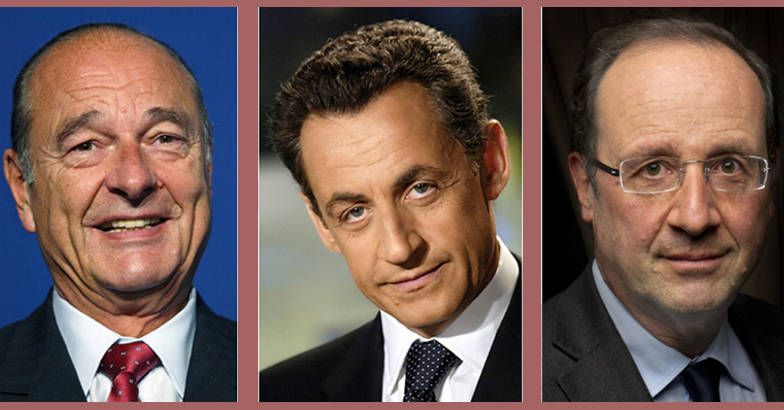Tensions between France and the US has heightened after Wikileaks news about US spying on French President Francois Hollande and his two predecessors.
Tensions between France and the US has heightened after Wikileaks news about US spying on French President Francois Hollande and his two predecessors.
 Shortly before an emergency meeting called by Hollande with his security chiefs, French government spokesman Stephane Le Foll said spying was “unacceptable between allies.”
Shortly before an emergency meeting called by Hollande with his security chiefs, French government spokesman Stephane Le Foll said spying was “unacceptable between allies.”
The French presidency also said Wednesday it "will not tolerate any acts that threaten its security". "Commitments were made by the US authorities," the Elysee Palace said in a statement, referring to promises by the US in late 2013 not to spy on France's leaders. "They must be remembered and strictly respected."
Hollande held an emergency meeting with the country’s top security officials to respond to WikiLeaks documents.
In the meantime, French Foreign Minister Laurent Fabius summoned the US ambassador over the leaked documents, a diplomatic source said Wednesday.
The source told AFP that US Ambassador Jane Hartley had been summoned for a meeting on Wednesday afternoon to discuss the documents published by Wikileaks.
The documents published in French daily newspaper Liberation and investigative website Mediapart late Tuesday include material that appeared to capture officials in Paris talking candidly about Greece’s economy and relations with Germany.
Ironically, they also include discussions about American espionage of its allies.
There was no instant confirmation of the accuracy of the documents, though WikiLeaks has a track record of publishing intelligence and diplomatic material.
WikiLeaks spokesman Kristinn Hrafnsson told The Associated Press he was confident the documents were authentic, noting that WikiLeaks’ previous mass disclosures — including a large cache of Saudi diplomatic memos released last week — have proven to be accurate.
The release appeared to be timed to coincide with a vote in the French Parliament on a bill allowing broad new surveillance powers, in particular to counter terrorist threats. The Senate approved it Tuesday and the lower house of parliament is expected to give it final approval Wednesday.